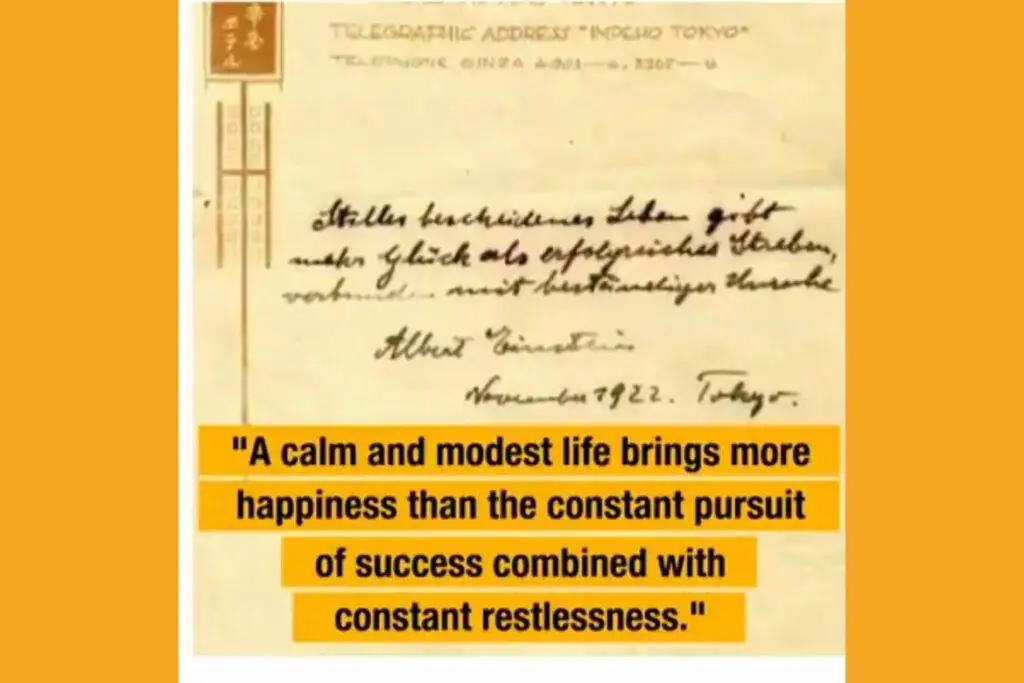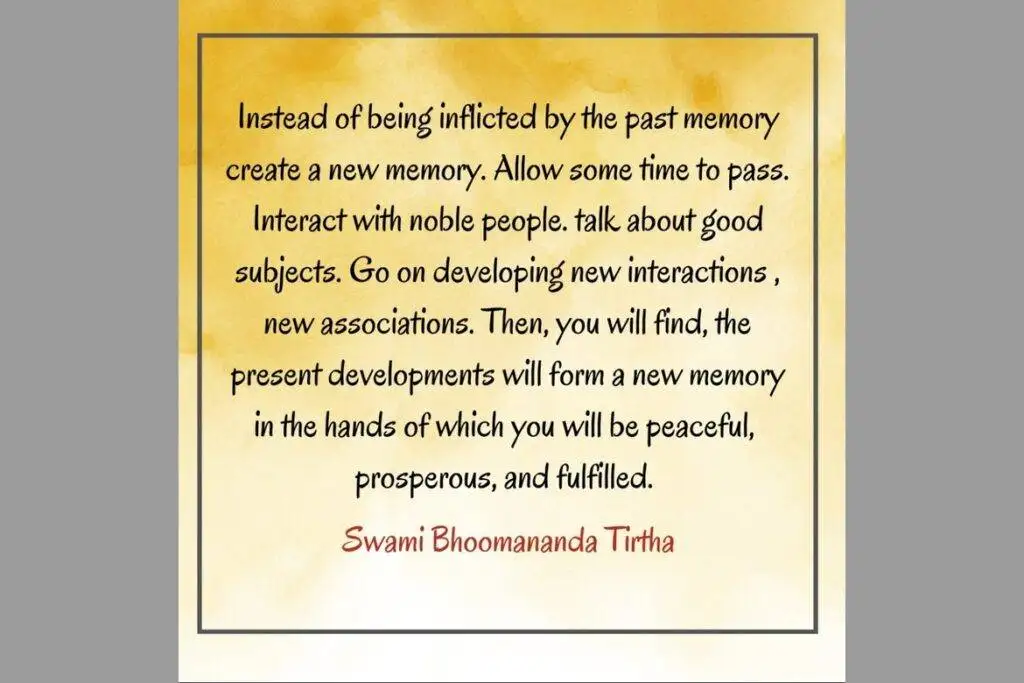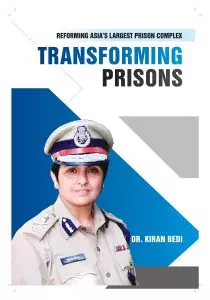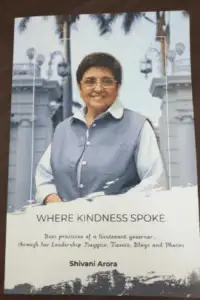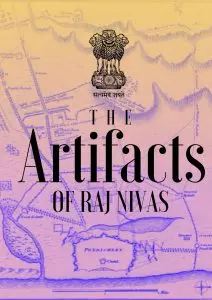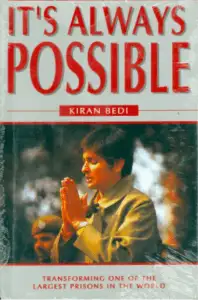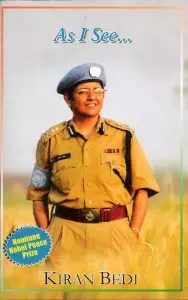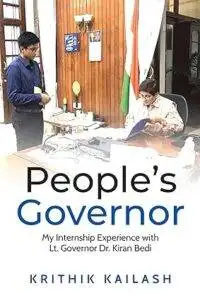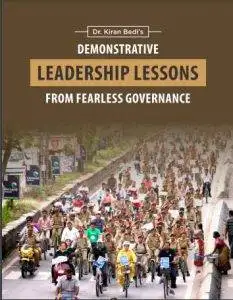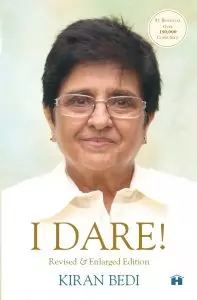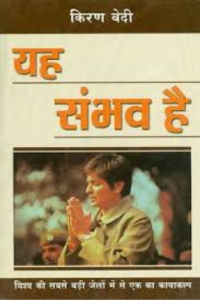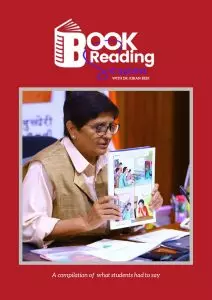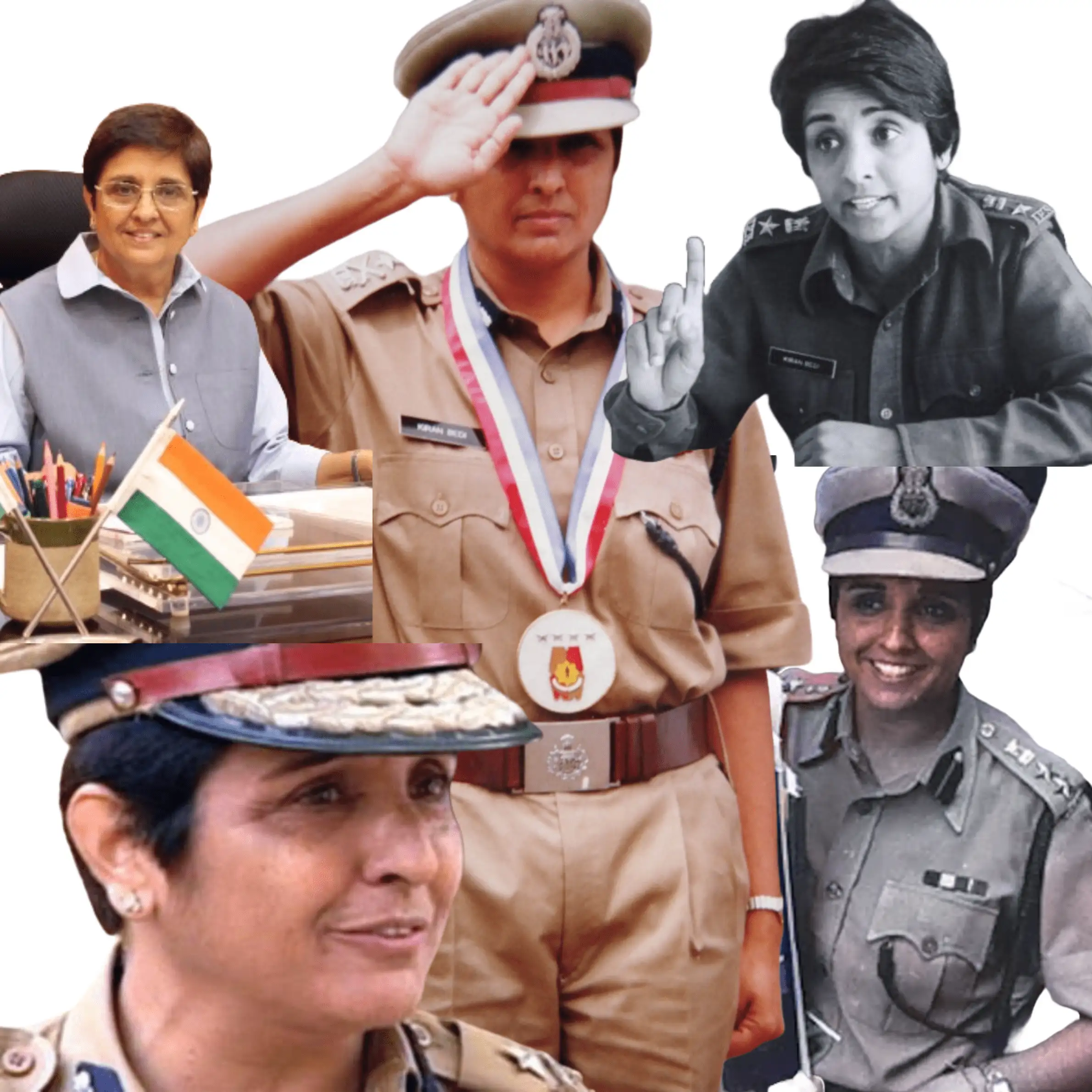
Social Sculpturing
A Lifetime Of Social Service
Always looking for a higher purpose in all her assignments Dr Kiran Bedi involved herself in a lot of social initiatives through her policing. It was way back in 1986 to deal with the rampant issue of drug abuse in the Yamuna Pushta slums she started the Navjyoti. In 1994 when she received the Ramon Magsaysay award, India Vision Foundation was started. During the pandemic Demonstrative Learning was started as a channel for virtual interactions and inspiration
Grooming Caring Leaders of Tomorrow with KBLL
In a world that needs purpose-driven change, Kiran Bedi Leadership Learnings (KBLL) equips young leaders with hands-on training, ethical governance practices, and community-driven leadership—on the ground, where real transformation happens
Founded by the visionary Dr. Kiran Bedi through her pioneering foundations—Navjyoti India Foundation and India Vision Foundation—KBLL is more than a leadership program. It’s a call to serve, solve, and lead with integrity, innovation, and impact.
If you’re aged 21–30, hold a Bachelor’s degree, and are ready to grow through grassroots learning, your journey begins here.
The 1st Ratan Tata Memorial Lecture
By Dr. Kiran Bedi at the Center of Narendra Modi Studies, New Delhi
- Leadership & Challenges: Dr. Bedi reflected on the importance of ethical leadership in addressing global conflicts and challenges, emphasizing a leader’s role in prioritizing community welfare.
- Ratan Tata’s Legacy: Through anecdotes and a detailed timeline, she showcased Tata’s transformative impact on industries and his dedication to health, education, and innovation.
- Tata Values & Principles: She highlighted his values of inclusivity, trust, humility, and self-belief, which inspired a culture of excellence within the Tata Group and beyond.
- Tata Administrative Service (TAS): Discussed as a pioneering initiative shaping corporate leadership in India, with principles mirroring those of prestigious civil services.
- Defining Success: Tata’s focus on selflessness and his initiatives in healthcare and societal development serve as enduring examples of impactful leadership.
Dr. Kiran Bedi: A Trailblazer’s Journey – Women’s Day Special
The host of ‘The Curly Tales’, Kamiya Jani visits Dr. Bedi’s ancestral home, now an NGO dedicated to social change. Here, she meets women sarpanches (village leaders) seeking guidance from Dr. Bedi on tackling governance challenges. With her characteristic wisdom and practicality, Dr. Bedi shares powerful strategies to help these women lead confidently.
👉 A Must-Watch for Every Woman!
Dr. Kiran Bedi’s journey inspires women everywhere to stand up for their rights, freedom, and leadership.
Upcoming Events
Get ready for a series of upcoming online events, shows, and motivational sessions led by the dynamic and empowering Dr. Kiran Bedi.
27
august
wednesday
Baatcheet- 53 with shubha vilas das
OnLINE EVENT
30
AUGUST
saturday
book reading session - 144
OnLINE EVENT
FB LIVE
Best Solutions For You
and mid- to large-size organizations to help meet their business goals.
Latest videos of Dr Kiran Bedi
#MorningNutrition
Discover the secrets of success and resilience as Dr. Bedi shares her wealth of experience in these thought-provoking messages.
Good Morning Nutrition- Make today count- Motivational Quotes
Good Morning Nutrition- Year of Citizen- Citizen Participation
Good Morning Nutrition- Honour the journey of life- Saina R Bharucha
#MorningNutrition
Good #morningnutrition #circumstancesdontmatter
#circumstancesdontmatter #whatyouaremadeof #motivationalquotes
#happiness #modestlife
Good #morningnutrition #circumstancesdontmatter #whatyouaremadeof #motivationalquotes
#makenewmemories #peace #prosperity
Good #morningnutrition #circumstancesdontmatter #whatyouaremadeof #motivationalquotes
Career Journey
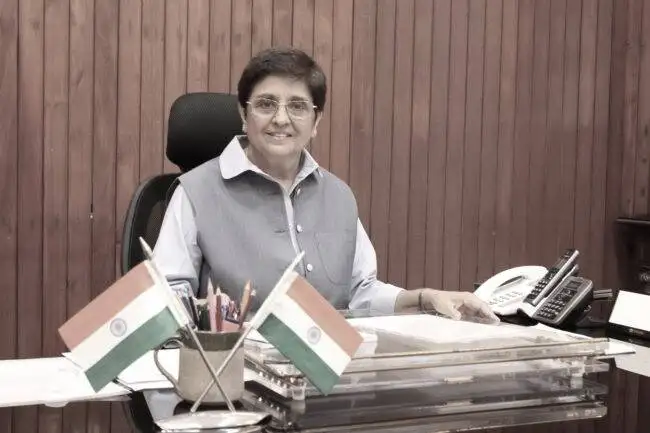
Dr Kiran Bedi was appointed as the 24th LG of Puducherry on 29th May 2016 and she served in this position till 16th February 2021. The Governance in Puducherry was a unique concept that had been based on a True governance model as it should be and follows - Trust | Empowerment | Accountability [TEA] as its mantra.
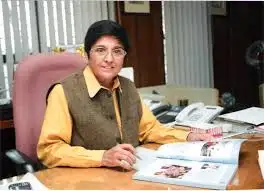
Kiran Bedi’s last posting was as Director General of Police, Bureau of Police research and development. BPRD was set up in 1970 by the Government of India to modernize the police forces. The functions of the bureau include facilitating research in the field of policing
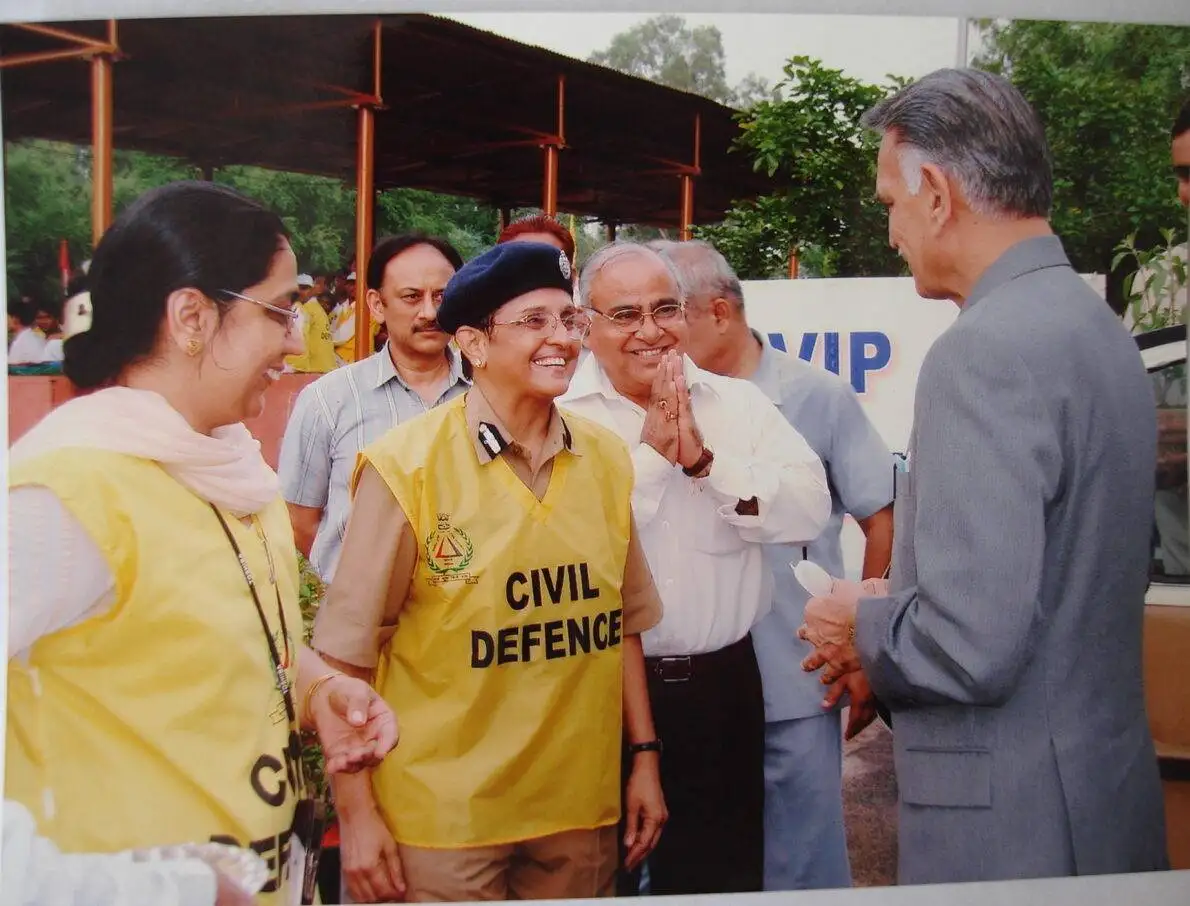
As DG Home guards she worked to create a concept of Yellow Alert which meant in the event of any crisis a collective message will be sent out to all trained civil defence/ home guard volunteers to take their positions. During her tenure, thousands of civil defence volunteers were trained
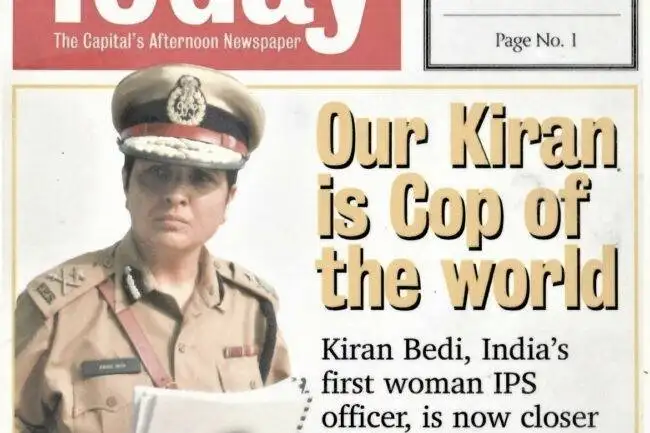
Kiran Bedi became the first woman to be appointed the United Nations civilian police advisor in the department of peacekeeping operations.
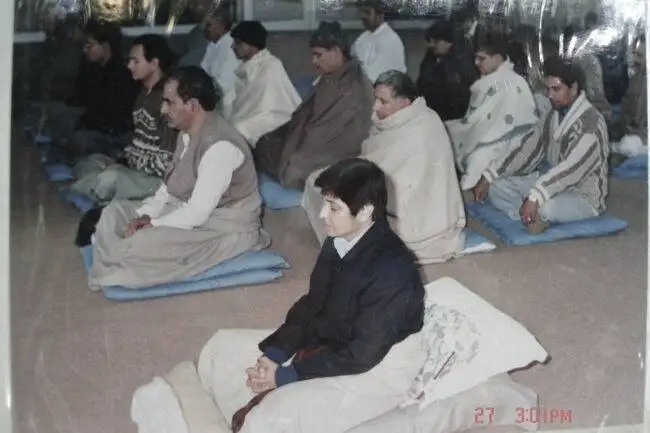
In 1999 Kiran Bedi was posted as Joint Commissioner at the Police Training College. For the first time, Vipassana meditation was introduced in police training college.
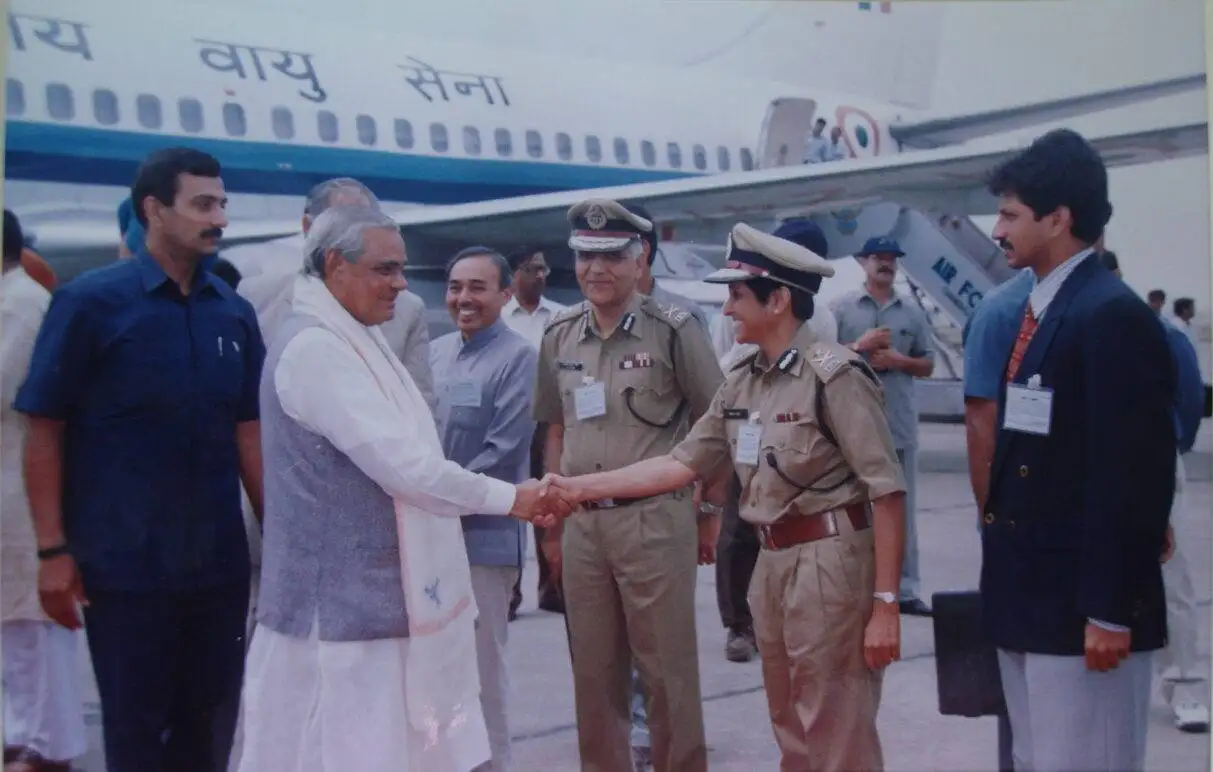
This was Kiran Bedi’s shortest posting when she was posted as IGP Chandigarh. She remained in this post only for 40 days.
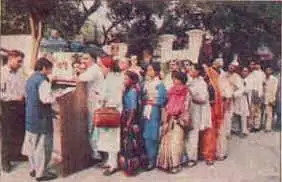
Kiran Bedi was made special secretary to the then LG of Delhi Tejendra Khanna. In the shortest possible time she set up a grievance redressal system in the office of the LG
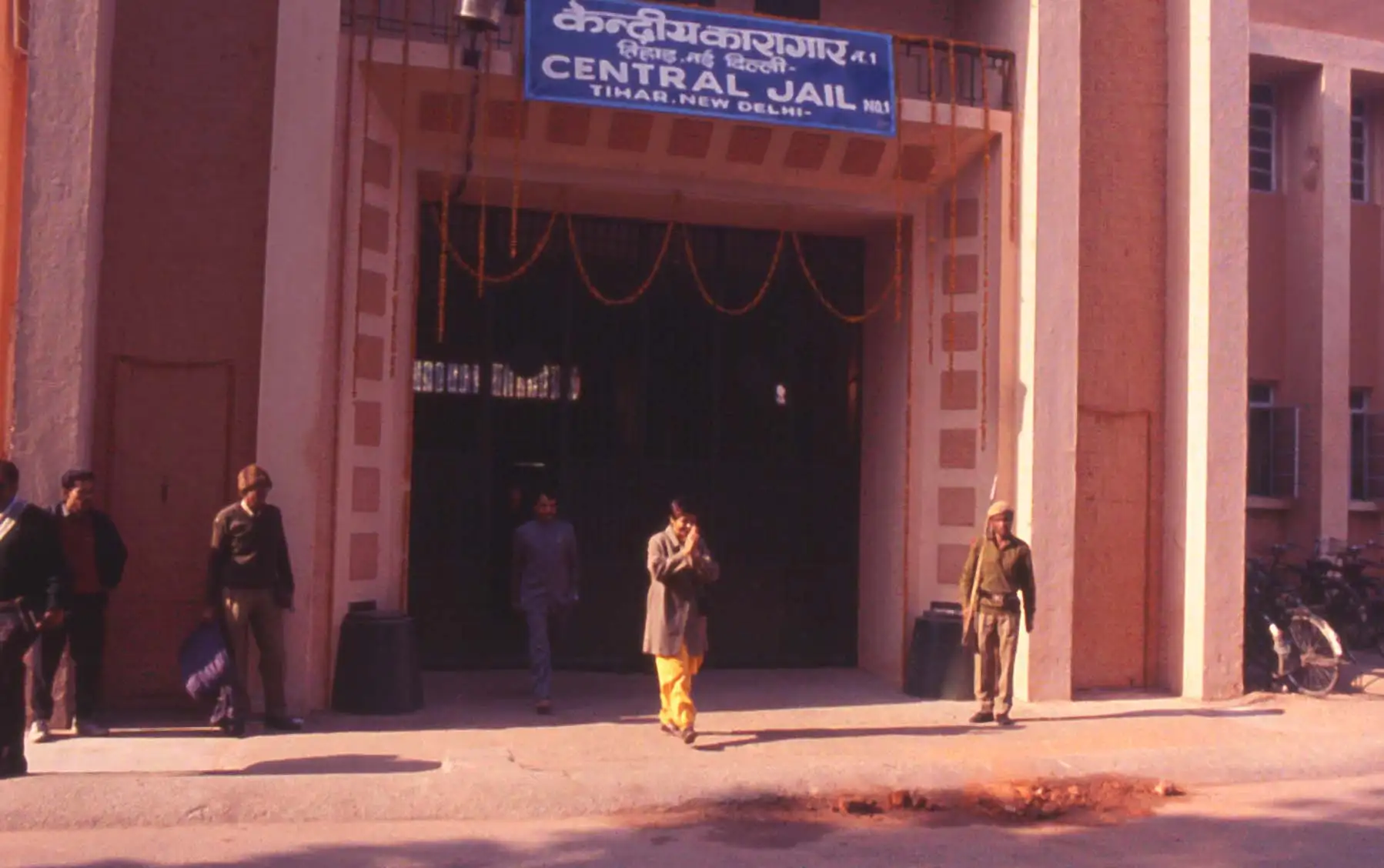
In 1993 Kiran Bedi was posted as DIG prisons in Tihar jail. She made history by completely reforming the prison making it into Tihar Ashram which got her the Ramon Magsaysay Award.
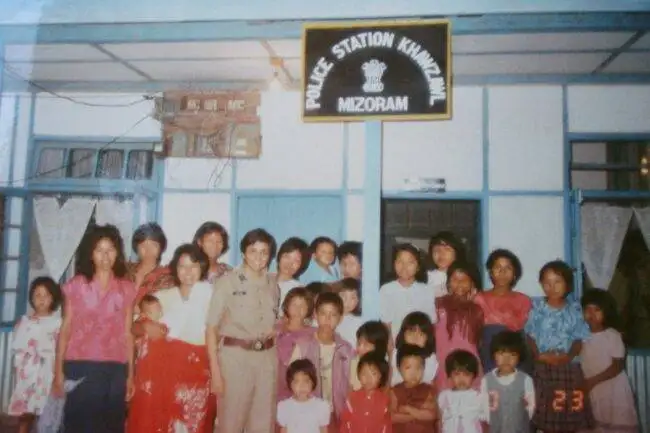
In 1990 Kiran Bedi was transferred to Mizoram and posted as DIG range. Here again, she came across a rampant drug problem and tried to find solutions for the same. She came back to Delhi in 1993
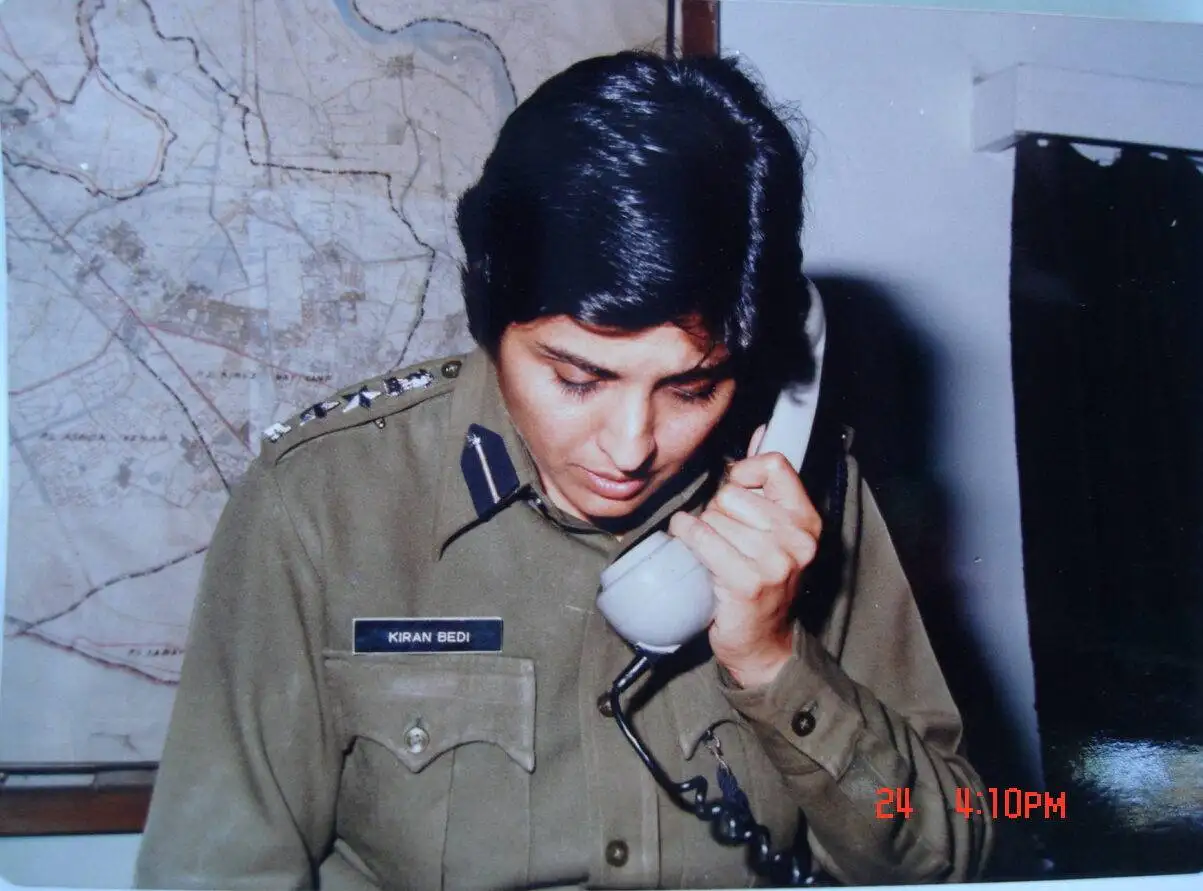
In 1986 Kiran Bedi became DCP of Delhi’s north district and she found drug abuse to be a rampant problem there. With persuasive and patient rehabilitation and by winning the confidence of the community, Delhi was finally rid of the menace while Kiran Bedi successfully brought forth the power of corrective policing.
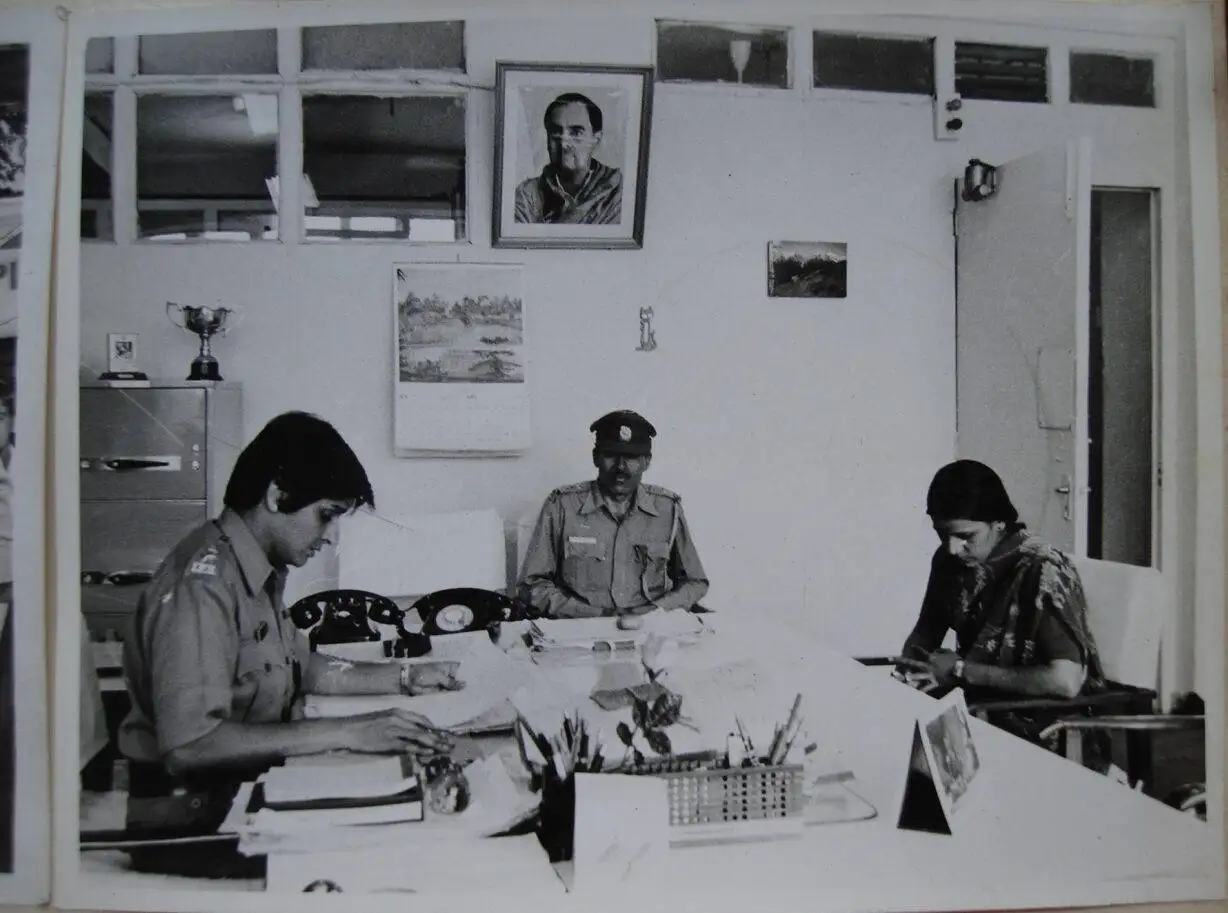
Kiran Bedi’s role as the Deputy Director at the DGIC was a decisive one. For her, it was a refreshingly different experience to work at a non-police department. Primarily the department dealt with monitoring of industrial relations and sending out intelligence and analysis reports.
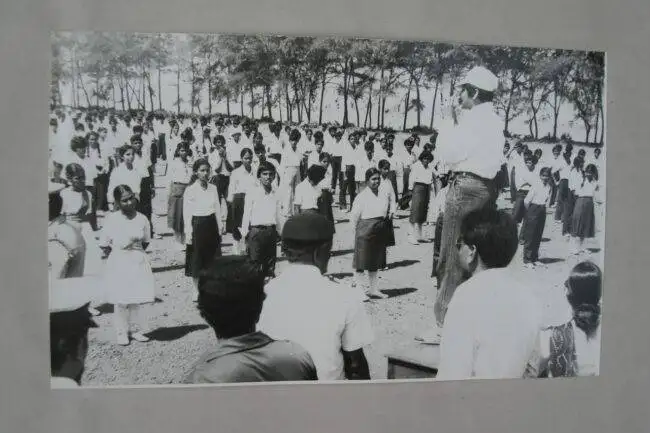
Kiran Bedi’s role as the Deputy Director at the DGIC was a decisive one. For her, it was a refreshingly different experience to work at a non-police department. Primarily the department dealt with monitoring of industrial relations and sending out intelligence and analysis reports.
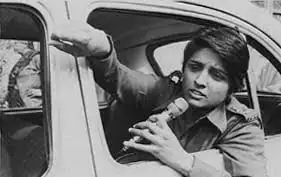
In October 1981 Kiran Bedi was made DCP Traffic. At this time the whole of New Delhi had just one DCP and that charge was given to Kiran Bedi. She neither knew the roads of Delhi nor did she have any experience with traffic. But this came as a challenge to her because she had to handle the traffic arrangements for the upcoming Asian Games.
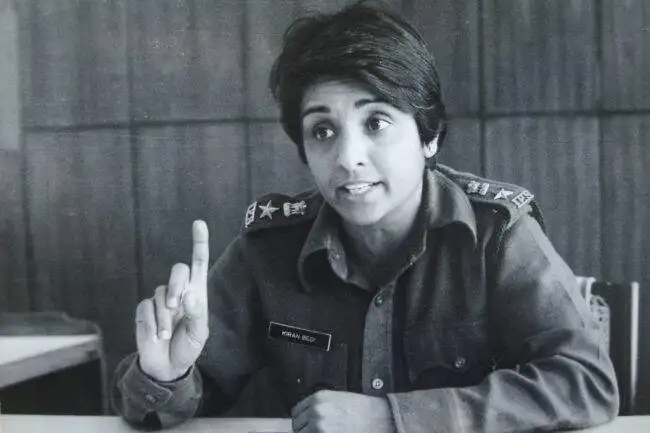
While she was posted as DCP West she began the practice of participative policing and also join night patrolling by the citizens and the police together. This area had a lot of criminal activity and there weren’t enough police officers to handle this kind of crime.
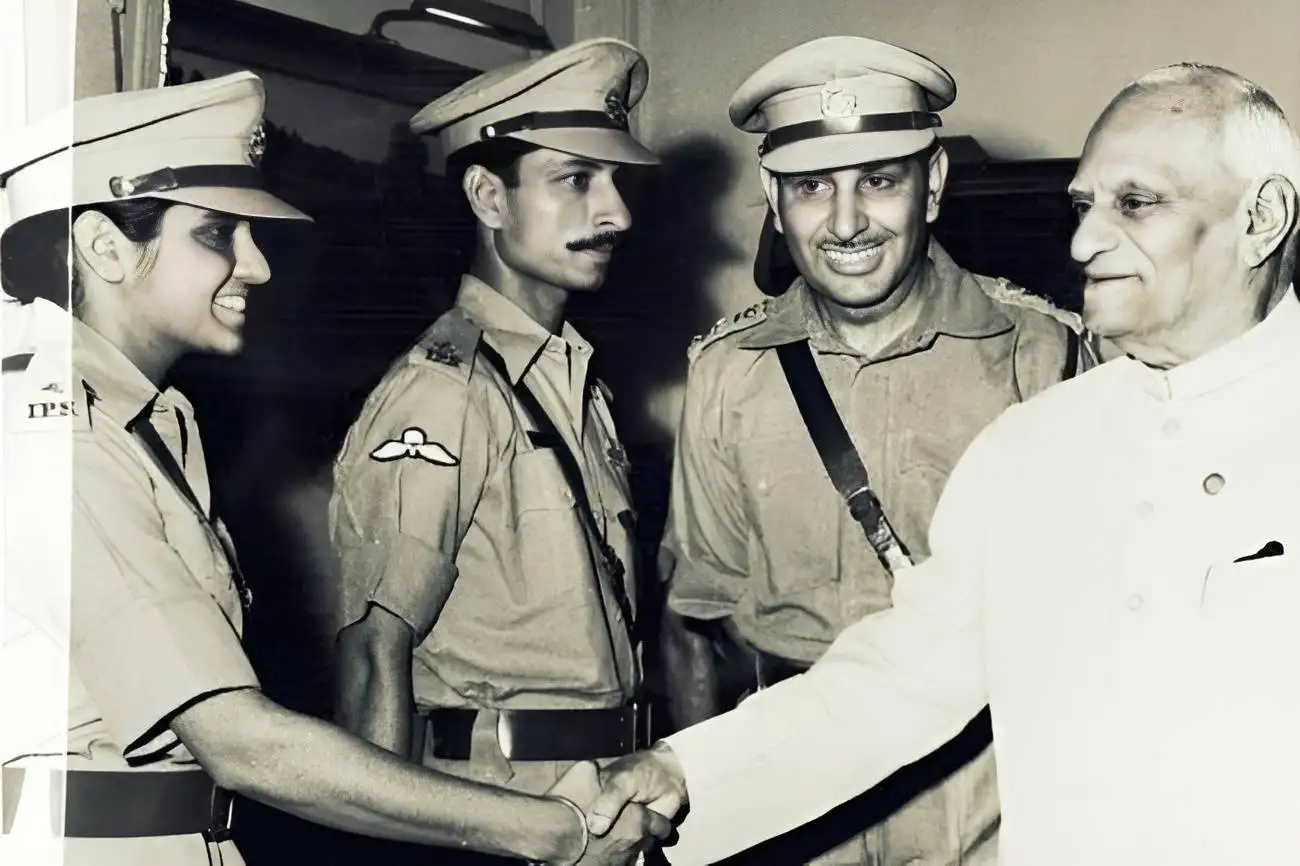
Kiran Bedi was posted as ACP New Delhi in 1978-79. Chanakyapuri is the most upmarket area of New Delhi which houses all the important offices including the parliament house and the Rashtrapati Bhavan.
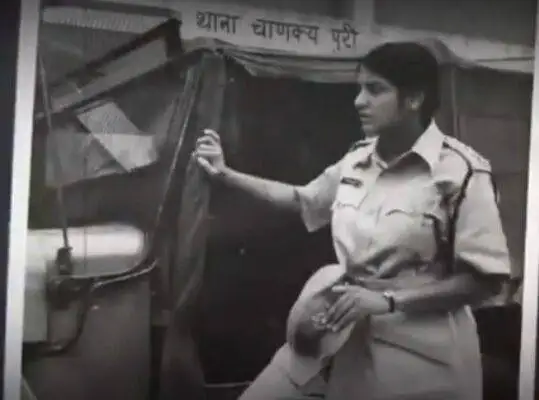
After completing her training she was given the first posting AS ACP Chanakyapuri
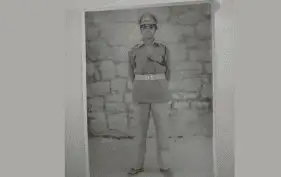
Kiran Bedi reported to the National Police Academy, Mt Abu as the only woman in a batch of 80 for her police training.
She broke the glass ceiling becoming the first woman to join the officer ranks of the Indian Police Service. She went through the same training as the boys and was allotted the Union Territory Cadre.
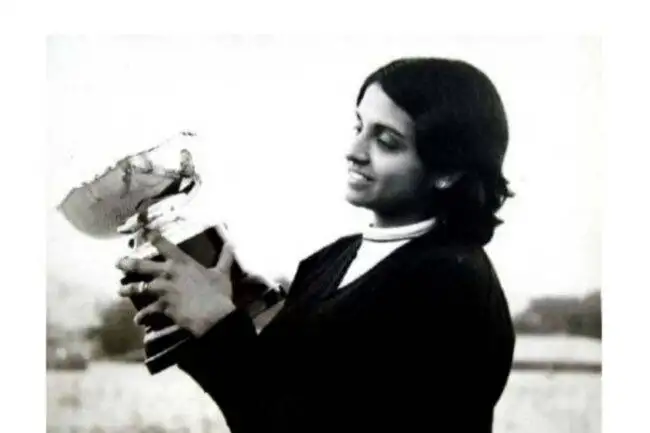
Tennis was a family sport for Kiran Bedi, as her father was a great tennis player of his times. He initiated all four daughters into playing competitive tennis. Kiran Bedi started playing tennis from the age of 9 and always recalls going straight to the tennis court from School where her father would be waiting for her and her sister Reeta and would personally train them in tennis.

Dr Kiran Bedi was appointed as the 24th LG of Puducherry on 29th May 2016 and she served in this position till 16th February 2021. The Governance in Puducherry was a unique concept that had been based on a True governance model as it should be and follows - Trust | Empowerment | Accountability [TEA] as its mantra.

Kiran Bedi’s last posting was as Director General of Police, Bureau of Police research and development. BPRD was set up in 1970 by the Government of India to modernize the police forces. The functions of the bureau include facilitating research in the field of policing

As DG Home guards she worked to create a concept of Yellow Alert which meant in the event of any crisis a collective message will be sent out to all trained civil defence/ home guard volunteers to take their positions. During her tenure, thousands of civil defence volunteers were trained

Kiran Bedi became the first woman to be appointed the United Nations civilian police advisor in the department of peacekeeping operations.

In 1999 Kiran Bedi was posted as Joint Commissioner at the Police Training College. For the first time, Vipassana meditation was introduced in police training college.

This was Kiran Bedi’s shortest posting when she was posted as IGP Chandigarh. She remained in this post only for 40 days.

Kiran Bedi was made special secretary to the then LG of Delhi Tejendra Khanna. In the shortest possible time she set up a grievance redressal system in the office of the LG

In 1993 Kiran Bedi was posted as DIG prisons in Tihar jail. She made history by completely reforming the prison making it into Tihar Ashram which got her the Ramon Magsaysay Award.

In 1990 Kiran Bedi was transferred to Mizoram and posted as DIG range. Here again, she came across a rampant drug problem and tried to find solutions for the same. She came back to Delhi in 1993

In 1986 Kiran Bedi became DCP of Delhi’s north district and she found drug abuse to be a rampant problem there. With persuasive and patient rehabilitation and by winning the confidence of the community, Delhi was finally rid of the menace while Kiran Bedi successfully brought forth the power of corrective policing.

Kiran Bedi’s role as the Deputy Director at the DGIC was a decisive one. For her, it was a refreshingly different experience to work at a non-police department. Primarily the department dealt with monitoring of industrial relations and sending out intelligence and analysis reports.

Kiran Bedi’s role as the Deputy Director at the DGIC was a decisive one. For her, it was a refreshingly different experience to work at a non-police department. Primarily the department dealt with monitoring of industrial relations and sending out intelligence and analysis reports.

In October 1981 Kiran Bedi was made DCP Traffic. At this time the whole of New Delhi had just one DCP and that charge was given to Kiran Bedi. She neither knew the roads of Delhi nor did she have any experience with traffic. But this came as a challenge to her because she had to handle the traffic arrangements for the upcoming Asian Games.

While she was posted as DCP West she began the practice of participative policing and also join night patrolling by the citizens and the police together. This area had a lot of criminal activity and there weren’t enough police officers to handle this kind of crime.

Kiran Bedi was posted as ACP New Delhi in 1978-79. Chanakyapuri is the most upmarket area of New Delhi which houses all the important offices including the parliament house and the Rashtrapati Bhavan.

After completing her training she was given the first posting AS ACP Chanakyapuri

Kiran Bedi reported to the National Police Academy, Mt Abu as the only woman in a batch of 80 for her police training.
She broke the glass ceiling becoming the first woman to join the officer ranks of the Indian Police Service. She went through the same training as the boys and was allotted the Union Territory Cadre.

Tennis was a family sport for Kiran Bedi, as her father was a great tennis player of his times. He initiated all four daughters into playing competitive tennis. Kiran Bedi started playing tennis from the age of 9 and always recalls going straight to the tennis court from School where her father would be waiting for her and her sister Reeta and would personally train them in tennis.
Social Media Updates
Unless public servants of essential services walk their areas, connect, listen and then deliver the services we shall suffer repeatedly Indore like deadly water-existing for months but stands exposed now. It remained unattended both by the elected & appointed.
Its tragic😡😢
Danish Prime Minister Mette Frederiksen:
There are some who are stealing childhood from our children: the tech giants.
They have earned millions—billions—at the expense of others, especially our children.
It is time they start paying back, so their enormous fortunes are
Source: The Hindu
We now keep up all round measures pl. and persevere 🙏👏
wish u wel. @mssirsa









